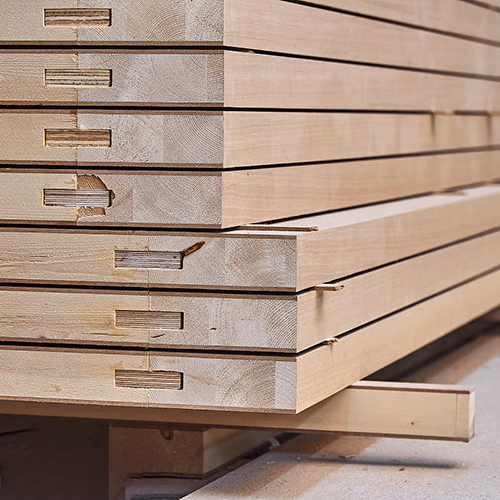Main components of gas
Organic sulfides and hydrogen sulfide (H2S) are common impurities that must be removed beforehand in most natural gas applications. Natural gas containing more sulfur impurities is described in the English terminology as "sour". Although natural gas is colorless and odorless, thiol is used to add odor to natural gas before it is sent to the end user to aid in leak detection. Natural gas is not as toxic as carbon monoxide, and it is essentially harmless to humans. However, if natural gas is in a high concentration state and the oxygen in the air is not enough to sustain life, it will still cause death. Natural gas cannot be used for human breathing. So when the methane concentration is too high, wear the self-rescuer in time and leave the mine. As a fuel, natural gas can also cause casualties due to an explosion. Although natural gas is lighter than air and easily diverges, when natural gas is concentrated in a closed environment such as a house or tent, when a certain proportion is reached, a powerful explosion is triggered. The explosion may squash the entire house and even the adjacent buildings. The lower limit of the explosion limit of methane in air is 5% and the upper limit is 15%. A sealant is a substance used to stop fluids from passing through a seam or opening in a surface or material and is a type of mechanical seal. In building construction, sealants are sometimes synonymous with caulking and are also used to block the transfer of dust, sound and heat. Sealants can be weak or strong, flexible or rigid or temporary. Sealants are not adhesives, but some have adhesive properties and are called adhesive sealants or structural sealants.
A caulk sealant has three basic functions: it fills the gaps between two or more substrates; it forms a barrier through the physical properties of the sealant itself and its adhesion to the substrates. And it maintains hermetic properties over the life expectancy, usage conditions and environment. Sealants perform these functions through the correct formulation to achieve specific application and performance characteristics. However, aside from adhesives, there are few other functions that can replace the sealing process.
Wood Door Sealant,Pur Wooden Door Sealant,Wood Glue For Doors,Pur Wood Door Sealant GUANGZHOU INTERNET WOOD GLUE MANUFACTURER CO. LTD. , https://www.iwghotmelt.com
Although not very strong, sealants have many properties. They seal the top structure to the substrate and are particularly effective during waterproofing by keeping moisture out of (or in) the components that use them. They provide thermal and acoustic insulation and can be used as a fire barrier. They may also have electrical properties. Sealant can also be used for simple smoothing or filling. They are usually required to perform several of these functions at a time.
